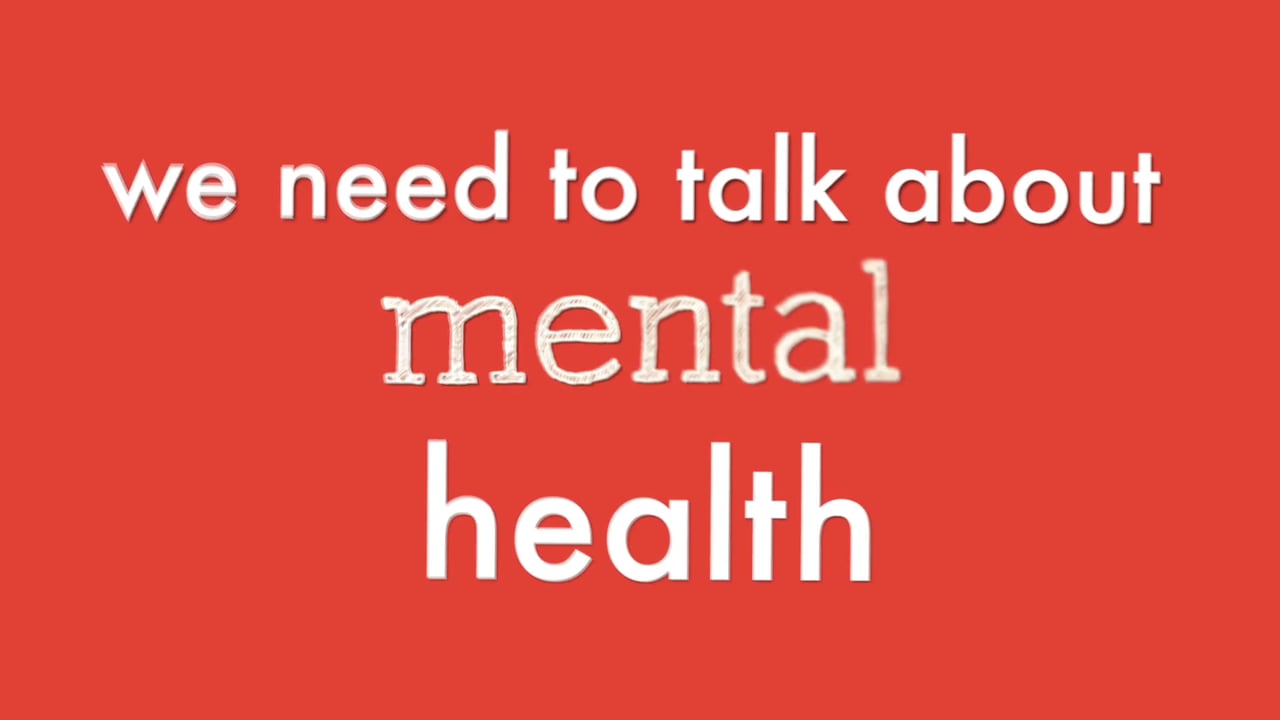The Difficult Decisions Of Mental Illness
In recent years, how we as a nation view mental health issues has vastly improved. Stigmas are breaking down, and people are becoming more comfortable with the subject. But, while we’re more accepting of the concept, few of us accept that we could be one of the unlucky ones. We often view the issue in a detached, ‘it would never happen to me,’ way. So, when our mental health starts to suffer, many of us are unsure what to do.
In truth, there’s no one way to live through a mental health problem. Unlike many illnesses, mental issues are unique to everyone. As such, there’s no right or wrong about how to proceed. In fact, life with mental illness is, in a lot of ways, made up of decisions. And, none of them are easy. In an attempt to help you prepare, we’re going to take a look at some of the decisions you’ll need to make down the line. The sooner you start considering which path you’ll take at each turn, the faster you’ll find your way of that maze.
Should you ask for help?
This one’s easy to answer. In fact, it’s the only decision we’ll discuss here which has the same answer for everyone. Yes. You should always seek help. Too many of us suffer through mental health alone. We think it might go away if we ignore it, or try to think differently. In part, this is a throwback to years of stigmas, when people thought mental health was all in the mind. It is, of course, but not in the way a lot of people think. Mental illness comes about as a result of chemical imbalances in the brain. So, it isn’t your thinking that’s wrong. This is a physical problem in your body. And, you wouldn’t try to cure cancer by ‘thinking’ your way out of it, would you?
The help you choose to get will vary. Your doctor will offer you different options for treatment, depending on your case. Most often, you’ll receive therapy. In extreme circumstances, moving into a treatment center may be the best way forward. This can seem like a daunting step, but for some people, it’s the best thing possible. Inpatient and outpatient mental health programs are designed to get you back on your feet. You’ll receive the care you need and will get help reintegrating into society. If you’re thinking frightening thoughts or struggling to care for yourself, discuss this with your doctor.
Should you take medication?
Of all the choices you have to make, knowing whether to take medication is most challenging. Worse, it’s also the one choice that varies greatly from person to person. Some individuals praise the part medication has played in their recovery. Others claim their tablets made things worse or left them feeling lifeless. These different experiences make it impossible to know what path to go down.

For the most part, it’s worth at least trying medication. Your doctor would never leave you on a drug you don’t get along with. Your dosage may not be right to start with, but your doctor will continue to tweak it until something works. Though, it is worth mentioning that medication shouldn’t be the only route to recovery you take. In a lot of cases, mental issues result from underlying problems. Taking tablets won’t get to the root of those. Most success stories use a mixture of medication and therapy to reach recovery. Again, try different things out to see which option is best for you.
Who do you tell and when?
People often seek treatment before telling friends and loved ones what’s happening. In many ways, this makes sense. You may feel that you don’t want to let them down, or that you don’t want them to see your weakness. But, despite how you feel about it, there’s going to come a time when you’ll need to decide who to tell and when. Do you tell your friends, or only your family? Do you wait until you start feeling better, or tell them as soon as you receive a diagnosis?
Again, there’s no right or wrong. It’s up to you who you tell and when you tell them. Though, it is worth noting that having a support network around you aids recovery. Mental illness is an isolating experience, so it won’t pay to remove yourself even further. There are pros and cons for both sides. On the one hand, telling people too soon could hinder your recovery. Everyone will have an opinion, and that might not be what you need at that stage. On the other hand, those who love you will want to support you through whatever’s happening. If you don’t tell them, they may feel hurt and confused about why not. Ultimately, though, this is your recovery. You need to make a decision that feels right for you. If you think about it, the chances are you already know what you should do.
Would time off work help?
When you’re diagnosed with a mental illness, your doctor will more often than not offer to sign you off work. It makes sense; stress often exacerbates mental problems. Plus, your medication may make working more difficult. In most cases, though, your doctor will make it clear that you can continue to work if you want to. No one’s going to drag you out of the office kicking and screaming.
It may seem like a no-brainer, but this is a tough choice for two reasons. For one, you may not want your work colleagues to know what’s happening. That makes sense. You can hope the news doesn’t get out, but there’s every chance people would hear why you’re off. That could make things hard for you when you do return. And, work also helps to keep you distracted. When signed off, you may find that it was keeping you strong. If you suspect that’s the case, continuing to work may be the right choice for you.
- Why You Should Form a Nonprofit Organization - July 1, 2024
- Can You Bring Your Business A Little More Success? - June 27, 2024
- Adventure Travel: 3 Places to See - April 22, 2024




